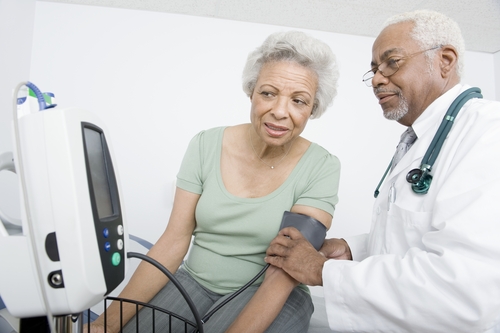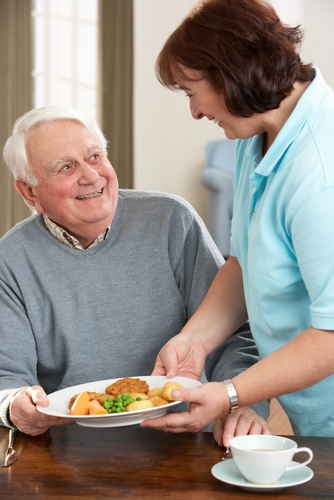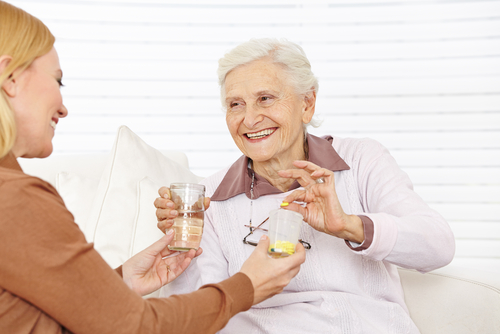People are living longer than ever before. Like everything, this has a positive and a negative effect. Very few of us have the blessing of being physically and mentally fit until the day we die. There may have been an acute event that caused the need for assistance for a short time. This could be after surgery or caused by an injury of some sort. Or maybe you have noticed changes over time when you visit Mom or Dad.

You have become concerned, so what is next?
- Try to determine through observation and conversation with your parent why there is this change. Maybe Mom stopped taking a shower because she can no longer safely step over the side of the tub to shower. Maybe Dad isn’t changing his shirt when he spills because his arthritis has become so bad that he can only manage the buttons with great difficulty. Maybe it all is just too much for them, but they are afraid if they confide in you and admit they could use some extra help, they will have to leave their home.
- Make as many of the changes to address safety and convenience as possible. Have safety rails installed in the bathroom. Replace Dad’s button-down shirts with pull-over shirts. Simple changes may be all that is needed at this time.
- Accompany your parent to the doctor for a check-up and to discuss your observations. There may be a medical reason for the change which is treatable. If there is a determination that there is an element of dementia involved, the situation becomes more complex. Safety becomes a major concern. If you have decided Mom or Dad should stay in their home, there has to be a determination of how much assistance they will need. There must be a realistic assessment of your family member. This can be done by the doctor and family or your local senior caregiver provider.
- The doctor will determine how much in-home care and what type of care will benefit your family member. They also determine the level of caregiver that is appropriate. You will need to understand what each level can and cannot perform.

- A caregiver is generally a person who is not certified and cannot provide any medical care. A caregiver can assist with shower and shampoo, and they can assist with dressing. They may provide companionship and accompany the senior in their care to events or outings in the community. They may provide transportation and assistance to the senior with things like grocery shopping. They may assist with simple meal preparation. They can remind your family member to take their medication, but they are not able to prepare the medication or distribute it.
- A home health aide is generally a certified trained aide. This person has completed a course of training that prepares them for a higher level of caregiving. They are able to take vital signs and record observations pertinent to the senior’s health. Some home health aides have additional training to be certified in administering medication or to perform simple wound care. The home health aide works under an RN.

Change with the Times
Together, you will all determine how much in-home care your family member needs at this time. Remember that as they age, the amount of assistance and the amount of time required will most likely increase. Be flexible as well as realistic. You will also be older and your immediate family needs may change. It is easy to suffer burnout if you don’t control the stress and the additional responsibility.
Encourage and accept help from other family and friends. Ask your family member’s neighbors to let you know if they notice anything that concerns them. Give them your phone number and email address. Contact your family member’s church. Some churches have people who make home visits. There is a saying for our children that is just as applicable for our seniors: It takes a village.
]]>

